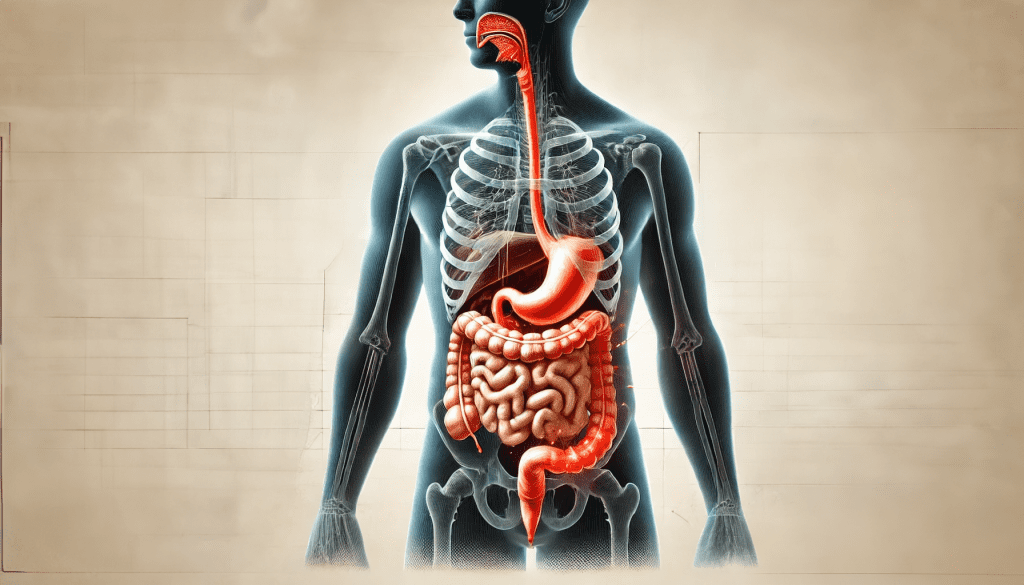Diarrhoea Overview
Diarrhoea is characterized by passing loose, watery, or more frequent stools than what is normal for you. While it can be distressing, it typically resolves on its own within a few days to a week.
Symptoms and When to Seek Help
- Normal Diarrhoea Symptoms: Loose, watery stools; possible stomach cramps; and urgency to use the bathroom.
- When to Seek Emergency Care (Call 999 or go to A&E):
- Swallowed something poisonous
- Stiff neck with sensitivity to bright lights
- Sudden, severe headache or stomach pain
- Consult Your GP if:
- Diarrhoea persists for more than 7 days
- There is blood in stools
- Persistent vomiting prevents keeping fluids down
- Severe or continuous stomach pain
- Unexplained weight loss
- Watery stools that are large in volume
- Nighttime diarrhoea that disrupts sleep
- Recent use of antibiotics or hospital treatment
- Signs of dehydration (e.g., drowsiness, reduced urination, lightheadedness)
- Dark or black stools, indicating possible internal bleeding
For Children:
- 6+ episodes of diarrhoea within 24 hours
- Diarrhoea and vomiting together
- Refusal to drink fluids
- For babies: vomiting 3+ times in 24 hours or any concerns if under 12 months
- Contact GP if worried or if GP is unavailable, phone 111.
Common Causes
- Bowel Infection (Gastroenteritis): Common cause due to:
- Viruses (e.g., norovirus, rotavirus)
- Bacteria (e.g., Campylobacter, E. coli, often from contaminated food)
- Parasites (e.g., Giardia from contaminated water)
- Other Causes:
- Anxiety or stress
- Food allergies
- Medication side effects
- Long-term conditions (e.g., Irritable Bowel Syndrome – IBS)
Self-Care and Management
- Hydration: Drink plenty of fluids to avoid dehydration; take frequent sips of water.
- For at-risk individuals (babies, children, elderly), consider oral rehydration solutions (ORS).
- Food: Resume solid foods as soon as possible. For breastfeeding or bottle-feeding infants, continue normal feeding.
- Hygiene:
- Wash hands thoroughly after using the toilet and before eating or preparing food.
- Clean the toilet and surfaces after each episode.
- Avoid sharing personal items such as towels, flannels, and utensils.
- Medications: Anti-diarrhoea medications like loperamide can help reduce symptoms, but they’re usually unnecessary and should not be given to children without medical advice.
Prevention Tips
- Hygiene: Wash hands with soap and warm water regularly, particularly after bathroom use and before handling food.
- Disinfect Surfaces: Clean toilet handles and seats thoroughly after each diarrhoea episode.
- Food and Water Safety: Be cautious with tap water and undercooked food when traveling abroad.
Maintaining good hygiene and proper hydration is key to managing and preventing diarrhoea. If symptoms persist or become severe, seek medical advice promptly to ensure appropriate care.







